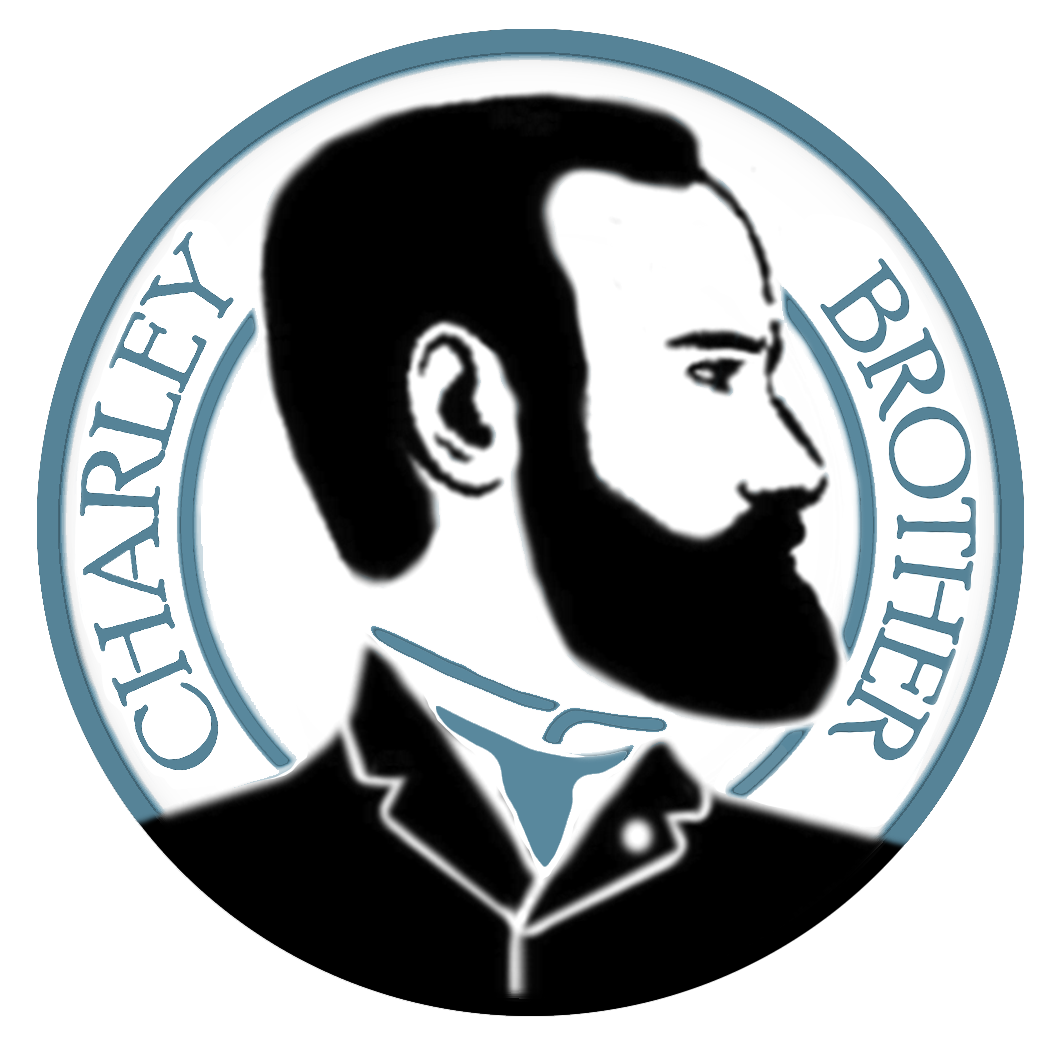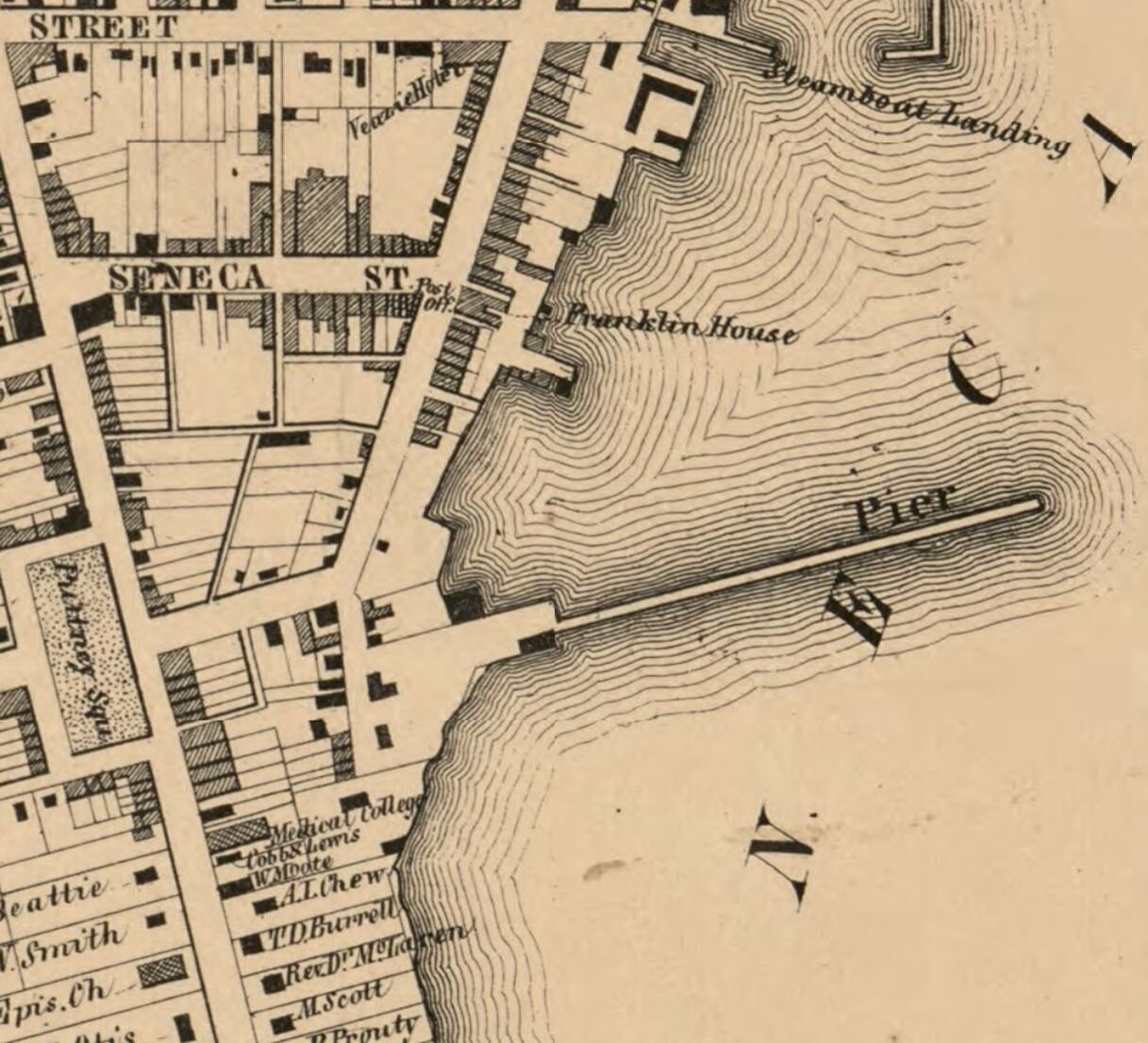Cornelia Brother (L) and Rebecca Brother (R)
Henry Brother, the father of Civil War Marine Charles Brother, rushed out of the house when he got word that Robbie Logan died, leaving seven minor children for a wife that was infirm. This was in Bath, New York in May 1831 and Mr. Brother, a friend of the family and, for a time, guardian.
When he arrived at the Logan house, the oldest was trying to manage, but reported that Logan’s neighbor, who they thought would soon be neighborly, emphatically refused to help. Well, the boy got only part of the situation right. The lady refused to help when Robbie's wife refused the lady, days earlier. Brother knew this from the boys at the Freemason lodge, but kept quiet, as his oath required, although wanting to comfort the boy that they were all better off without her. He picked up the baby, who promptly soiled him.
When he returned for dinner at his own house, wild now with three young children of his own, he promptly walked up the stairs and changed his shirt. Mary Ann, his wife, walked in carrying on about something in the kitchen and carrying, too, darling Rebecca, the newest addition, who waited patiently for her father to get a dry shirt one before, after landing on his hip, she promptly wetted him.
Years later Mr. Brother would tease Rebecca about this day—he remembered it clearly for the suffering of the Logan bunch and the drama in court that followed, arranging their permanent guardians—because she grew up wholly intolerant of mess, clutter, dirt, and low brow sloth, in general. From time to time, the girl needed a reminder of those who work close to the earth, the mills, or the Logans.
Henry was proud, mostly, of the way Cornelia and Rebecca taught the Logan children in both regular and in Sunday school, showing them where to leave their mud and when and how to wash their hands, always with a song or a Bible verse, washing, scrubbing, and even loving the smell and taste of soap when correction for fowl words was needed.










